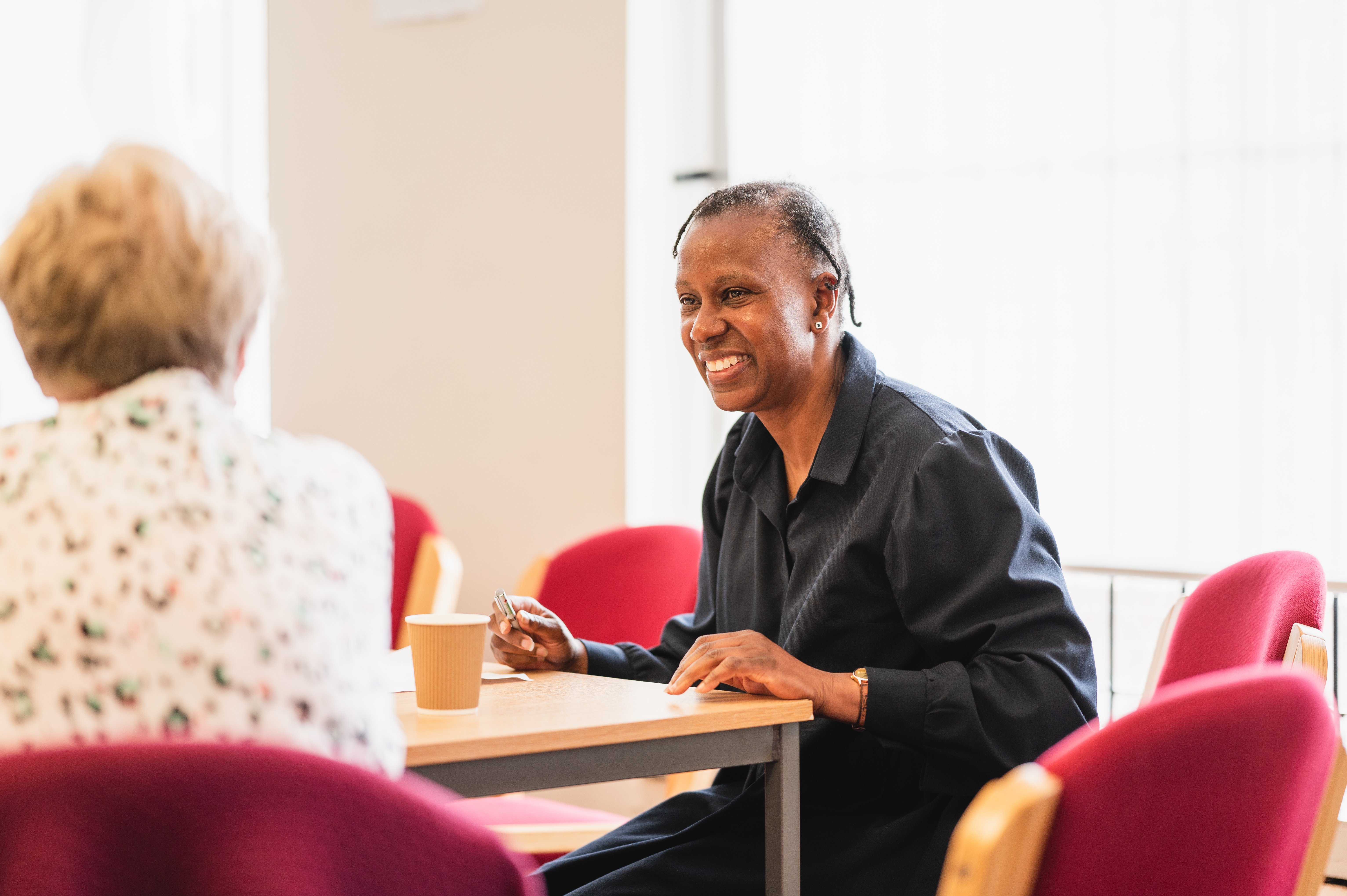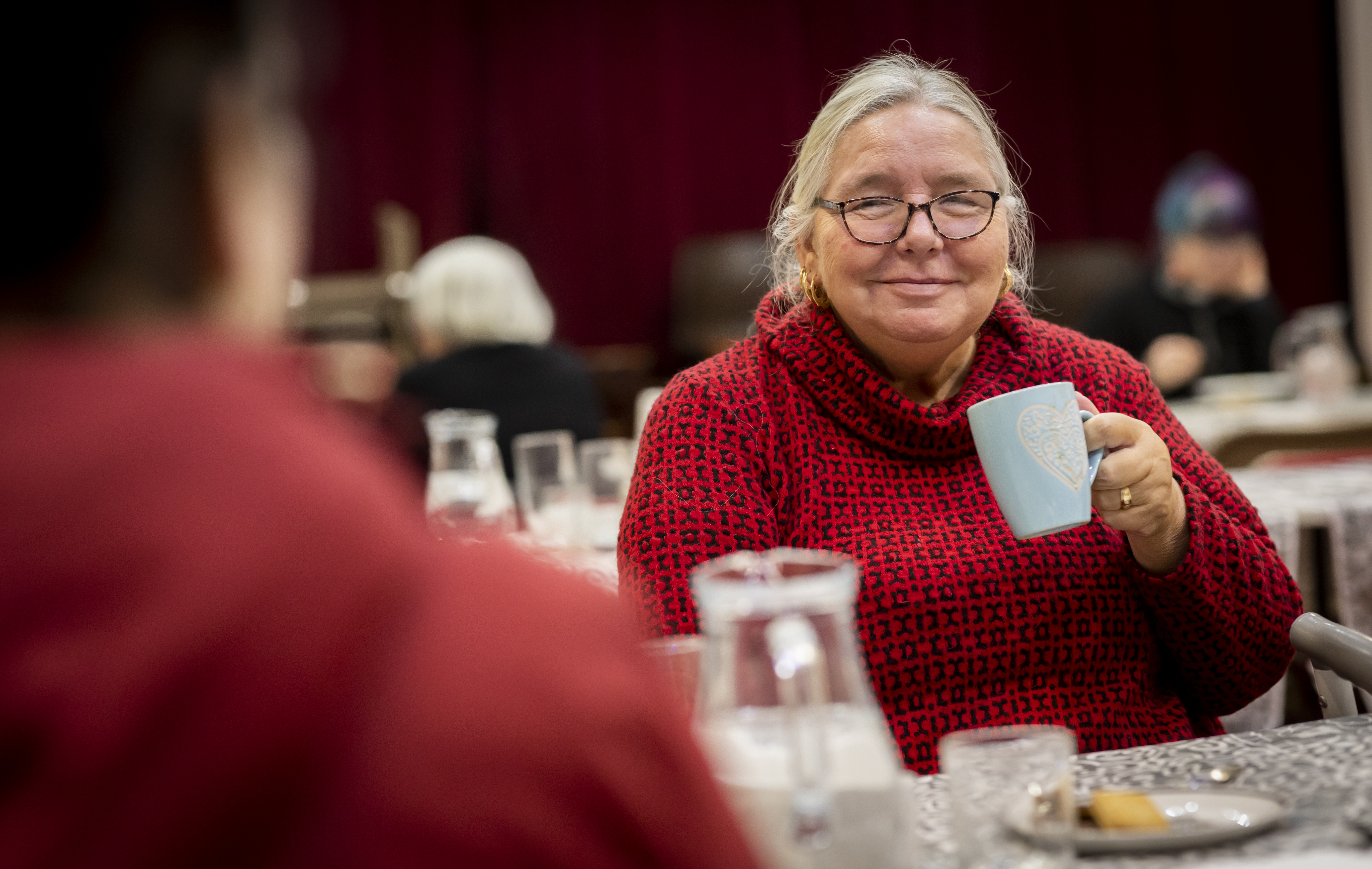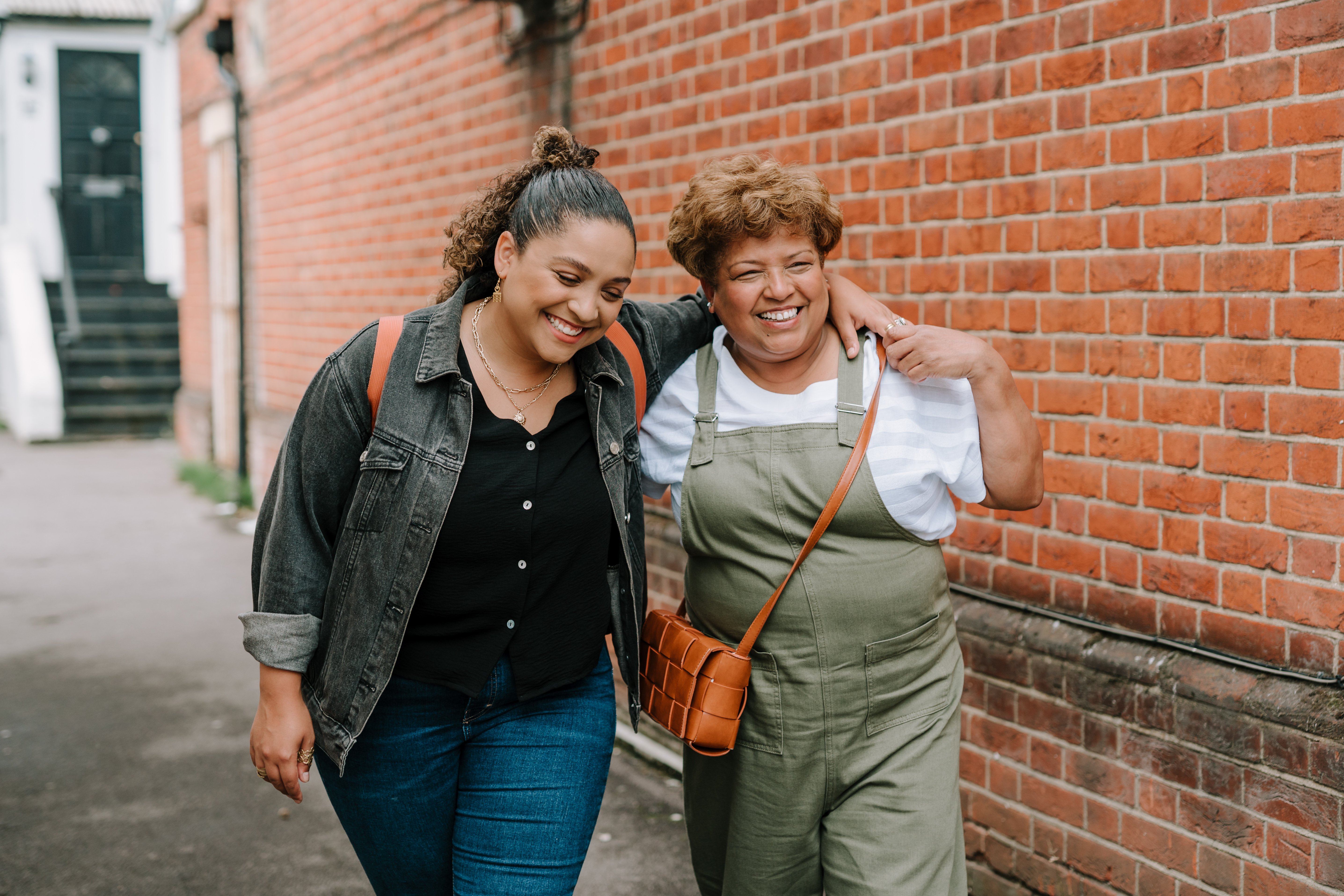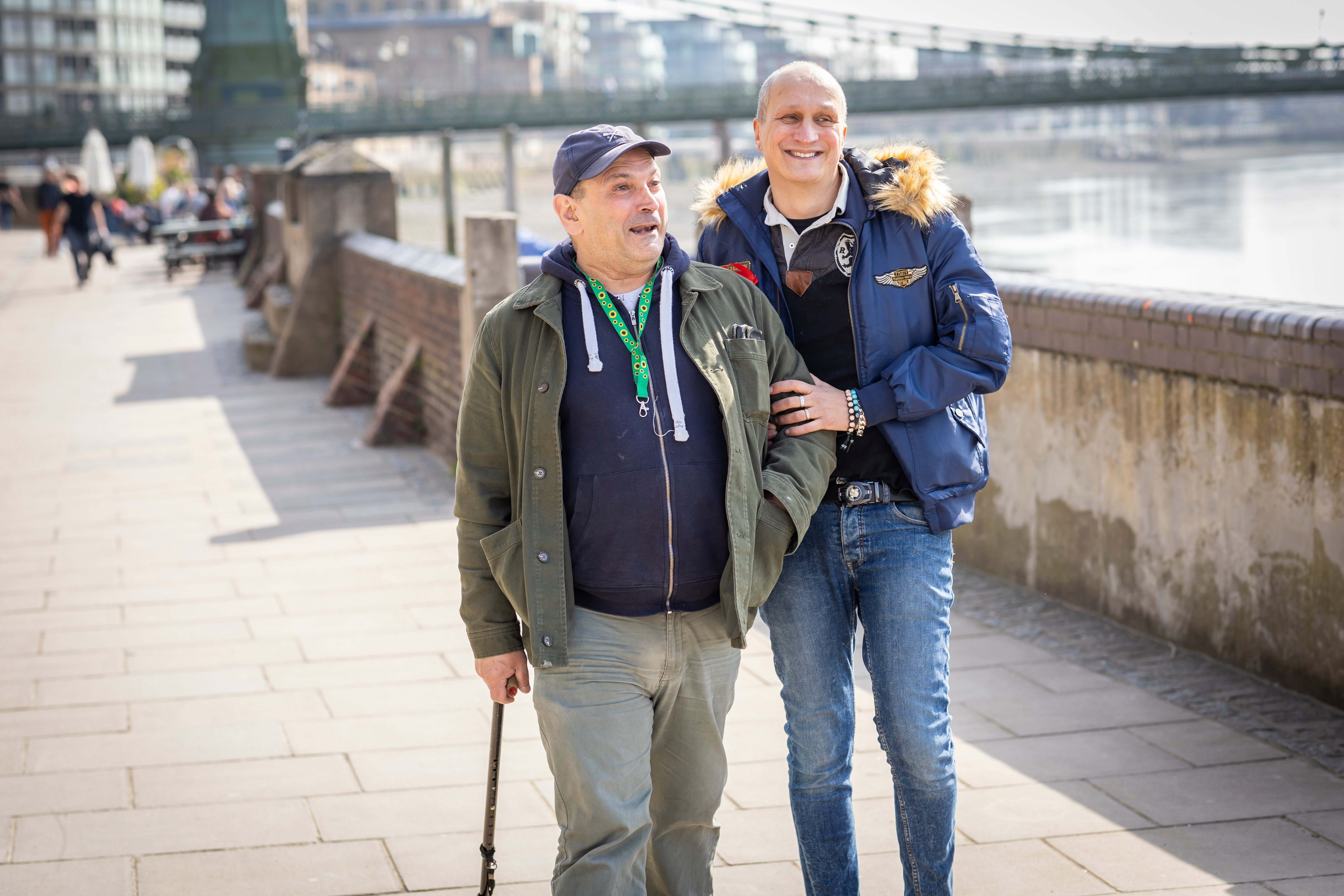Introduction
The Warrington Carers Strategy for 2025 – 2028 sets out our shared duties and responsibilities to unpaid carers in Warrington. It outlines our commitments and priorities to ensure that carers are listened to, valued and supported.
The strategy is aimed at all unpaid carers across the town, regardless of age, background or type of caring role. It is also for all those that support or meet carers as part of their work / role.
“We are greatly appreciative of carers of all ages in Warrington in the role they fulfil in supporting others,” Cllr Maureen McLaughlin, cabinet member for statutory health and adult social care and chair of the Health and Wellbeing Board.
Comprehensive engagement has been crucial to the development of this strategy. This is to ensure that carer voices have shaped the strategy so we can focus on what is important to them in their caring role.
Warrington Carers Partnership Board has strategic responsibility for overseeing the delivery of this strategy. This board promotes the interests and wellbeing of carers in Warrington, and members include representation from independent carers in Warrington, the council and partners from carers services and health, community, faith and social enterprises.
The strategy focuses on:
- What carers have told us matters to them
- How we will deliver on the commitments and priorities identified in this strategy
- How we will know if we have made a difference







